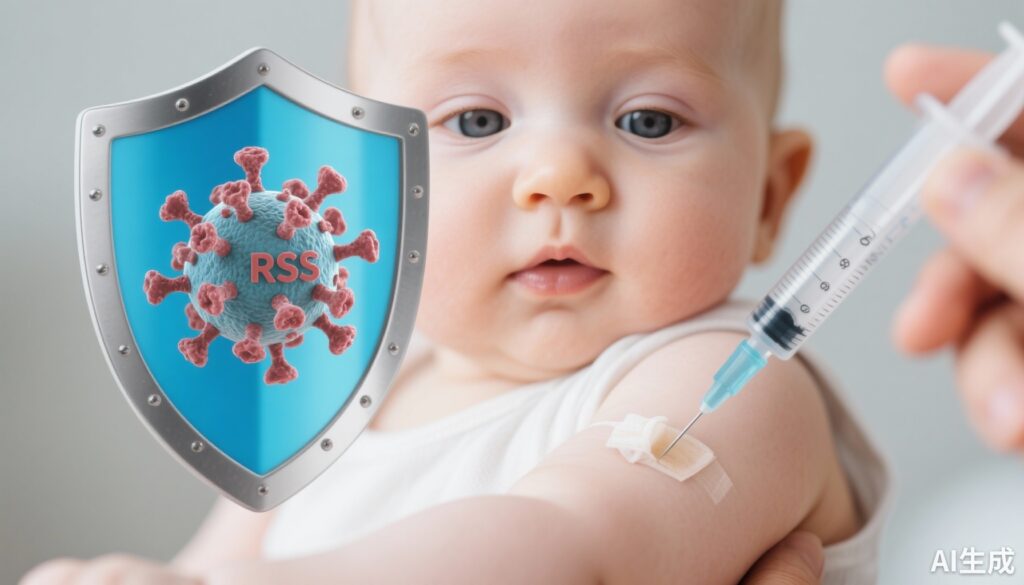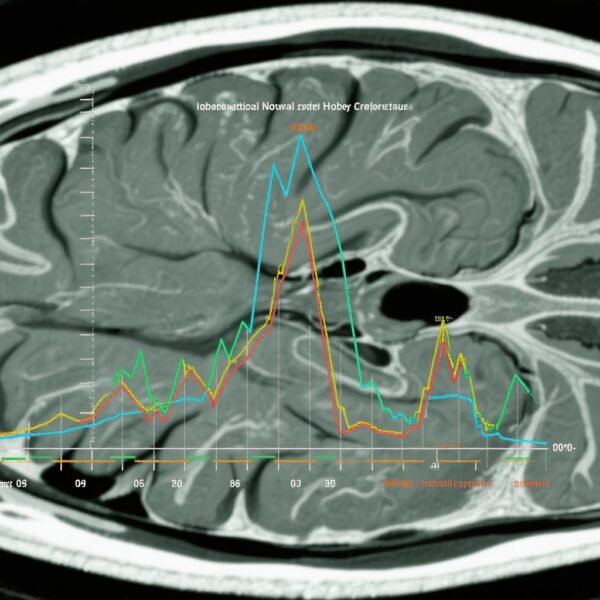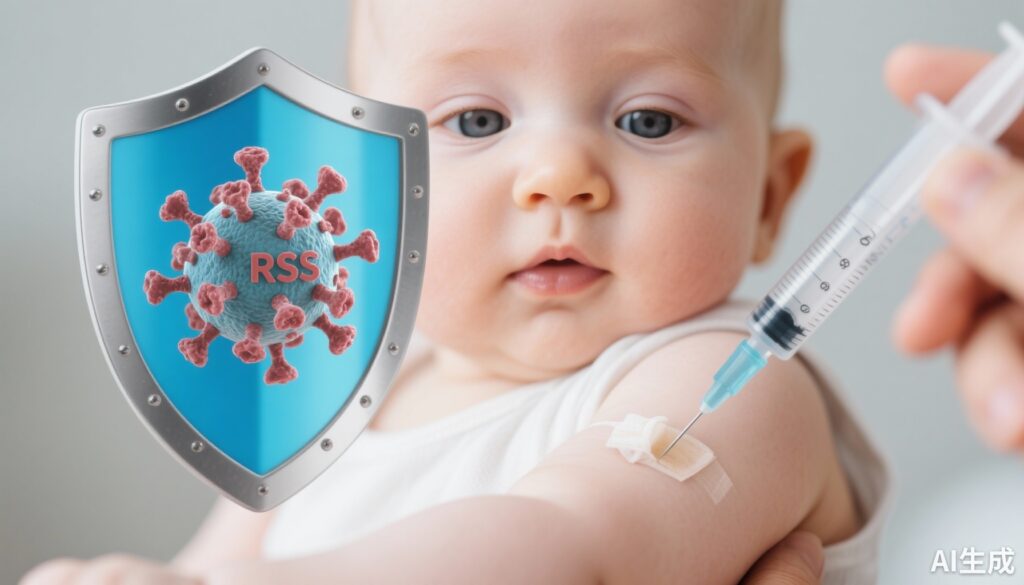Highlight
– Clesrovimab is a long-acting monoclonal antibody targeting the RSV fusion protein to prevent RSV disease.
– In a phase 3 randomized trial, a single 105-mg intramuscular dose significantly reduced RSV-associated medically attended lower respiratory infection by 60.4%.
– RSV-associated hospitalizations decreased by 84.2% with clesrovimab compared to placebo.
– Safety profile of clesrovimab was comparable to placebo, with no increase in serious adverse events.
Study Background and Disease Burden
Respiratory syncytial virus (RSV) poses a significant health burden worldwide, especially in infants and young children. RSV is a leading cause of lower respiratory tract infections, such as bronchiolitis and pneumonia, which frequently require medical attention and hospitalization in infants. Despite extensive research, effective preventive options for RSV disease in healthy infants have been limited. Palivizumab, another monoclonal antibody, is approved only for high-risk infants, owing to its dosing frequency and cost considerations.
Clesrovimab is a novel, long-acting monoclonal antibody designed to target site IV of the RSV fusion protein, a critical component in viral entry and infection of host cells. By binding to this conserved site, clesrovimab aims to neutralize RSV and provide extended protection throughout the RSV season with a single intramuscular dose. This approach offers potential advantages by reducing the treatment burden and expanding prophylaxis to healthy infants, who constitute the largest population at risk.
Study Design
The CLEVER study was a phase 3, randomized, double-blind, placebo-controlled trial evaluating the safety and efficacy of a single intramuscular injection of clesrovimab in healthy preterm and full-term infants entering their first RSV season. Participants were randomized in a 2:1 ratio to receive 105 mg of clesrovimab or placebo. The study population included 3614 infants in total—2412 received clesrovimab and 1202 received placebo.
The primary efficacy endpoint was the incidence of RSV-associated medically attended lower respiratory infection (LRI) within 150 days post-injection. This definition included clinical indicators of lower respiratory tract involvement or disease severity requiring medical attention. A key secondary endpoint was RSV-associated hospitalization occurring within the same 150-day period.
Key Findings
Through 150 days post-administration, RSV-associated medically attended LRI was observed in 2.6% of infants receiving clesrovimab compared to 6.5% in the placebo group. This corresponds to a relative efficacy of 60.4% (95% confidence interval [CI], 44.1 to 71.9; P<0.001), demonstrating a substantial reduction in medically attended RSV disease.
RSV-associated hospitalizations were also markedly reduced in the clesrovimab group: 9 infants (0.4%) compared to 28 infants (2.3%) in the placebo group. The efficacy against hospitalization was 84.2% (95% CI, 66.6 to 92.6; P<0.001), indicating strong protection against severe RSV disease requiring inpatient care.
Regarding safety, serious adverse events (SAEs) were similar between groups, occurring in 11.5% of infants treated with clesrovimab and 12.4% of those who received placebo. No new safety signals or concerning adverse events related to clesrovimab were reported, supporting its favorable safety profile in this population.
Expert Commentary
The CLEVER trial provides compelling evidence that clesrovimab can offer effective, long-lasting prophylaxis against RSV disease in a broad population of healthy infants, including both preterm and full-term newborns. The single-dose intramuscular administration during the first RSV season simplifies preventive strategies compared to existing options.
Mechanistically, targeting the conserved site IV of the RSV fusion protein may confer broad activity against circulating viral strains, supporting the antibody’s high efficacy. This strategy aligns with current advances in monoclonal antibody design aimed at improving durability and reducing the treatment burden.
While these results are encouraging, considerations remain about real-world implementation, cost-effectiveness, and the antibody’s efficacy across diverse epidemiological settings. Longer follow-up and post-marketing surveillance will be critical to monitor rare adverse events and confirm sustained effectiveness across RSV seasons.
Additionally, this trial did not include infants with certain high-risk conditions; thus, further studies may be warranted to assess efficacy and safety in those populations. Despite these limitations, the findings represent a significant advance in RSV prevention in infants.
Conclusion
Clesrovimab represents a promising advance in the prevention of RSV disease among healthy infants. A single intramuscular dose administered before the first RSV season significantly reduces RSV-associated medically attended lower respiratory infections and hospitalizations while maintaining a safety profile comparable to placebo. This approach offers a practical and potentially impactful option for broad RSV prophylaxis during infancy, with the potential to reduce the public health burden of this common viral infection. Further studies and real-world experience will help define its optimal role in pediatric infectious disease prevention.
References
Zar HJ, Simões EAF, Madhi SA, Ramilo O, Senders SD, Shepard JS, Laoprasopwattana K, Piedrahita J, Novoa JM, Vargas SL, Dionne M, Jackowska T, Liu E, Ishihara Y, Ikeda K, Zhang Y, Railkar RA, Lutkiewicz J, Vora KA, Zang X, Maas BM, Lee AW, Guerra A, Sinha A; CLEVER (MK-1654-004) Study Group. Clesrovimab for Prevention of RSV Disease in Healthy Infants. N Engl J Med. 2025 Sep 17. doi: 10.1056/NEJMoa2502984. Epub ahead of print. PMID: 40961446.



